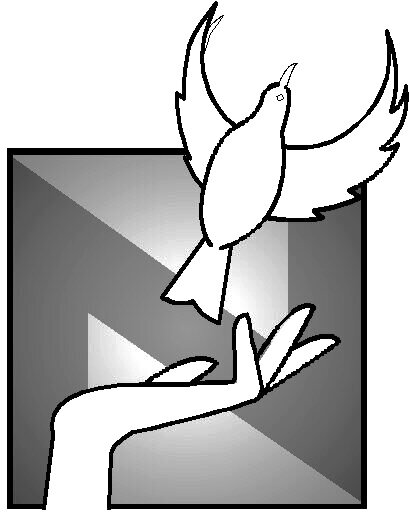10 Important Steps in Recovering from Grief and Loss
Every human has experienced loss at some point in life, yet some losses impact us more than others. Not only do some losses represent that life is out of control and that bad things can happen to us, but grief is also cumulative.
What that means is, that when we experience the pain of one loss, the sadness, anger and grief of past losses is likely to also be present. In fact the more significant losses a person has had in a short amount of time the higher risk he or she is for psychological as well as physical illness.
While loss and the accompanying grief are part of our human journey, they can be life disrupting and create an overwhelming sense of sadness, loneliness and fear. The following are tips to assist through the grieving process.
Remember there is no “right” or “wrong” way to grieve. Some people are outward expressive of grief, others are private. Some people want a lot of support and comfort while others need to grieve alone.
Grief takes as long as it takes. There are no time limits on how long one “should” grieve. Each person’s sadness and redefining life after a significant loss, is different. No one should tell someone else, “Get over it, you have been sad long enough”.
Grief “comes in waves and hides in pockets”. What this means is that one day a person may feel fine and happy, and the next day overwhelmed by sadness and frustration at their loss. “Out of the blue” waves of distress may be confusing to those around a person grieving. They may “start crying for no apparent reason”. This is a normal part of the grieving process. The waves of sadness do get further apart and less intense over time, but for a long while they may seem to, “just appear”.
The shortest way to the “other side” of grief is, “through”. A person who tries to suppress their sadness about a loss will eventually have to deal with the anger, sadness and unfairness of the loss. The more unresolved and suppressed grief, the more a person’s life will be emotionally restricted and their grief will come out in “unconscious” ways at those around them. It is important to honor and acknowledge grief and loss and the accompanying feelings, so these feelings are not slipping out at unwanted times at other people or being turned inward and causing physical illness.
Grief has five stages. Denial (“it can’t really be happening.”) Bargaining (“If only I had…” “If only he/she had…”) Anger (At the one lost, at caregivers of the one lost, at oneself, etc.) Sadness (depression, tears, discouragement, feelings of unfairness, etc.) and Resolution (Finally understanding the loss was not about you and that you will survive and possibly help other people out of that loss).
Create an outward expression of what you are feeling inside. This is also called “ritual”. When we ritualize a significant emotional event it helps our mind find resolution. Writing a poem, taking flowers, creating a memorial or something in honor of the person or your time together can help in emotional healing.
Write. Journaling and putting your thoughts and feelings on paper are very useful in going through the grieving process. Part of this is a way to acknowledge your feelings and thoughts, but also it helps process emotions in a different way in the brain by putting words to them.
Spend time with long-term friends and caring relatives. Having some continuity in life is important. Being able to relive memories, reconnect with the past and have a sense that you are not all alone is important.
Do new things. Learn a new skill or take up a new hobby. Find out about talent you never knew you had. Meet new people. Join a grief support group or a new class. Add new dimensions into your life.
Reconnect with your spiritual side. Whatever you do to remember that you are not alone and the world is not random are good things to participate in. Reading inspirational materials, listening to CDs or tapes of inspirational speakers. Attending church, temple, 12-step meetings, and support groups, being in nature, or any place where you feel connected to a “bigger picture”.
Dr. Lois Nightingale, Psychologist PSY9503 714-993-5343

